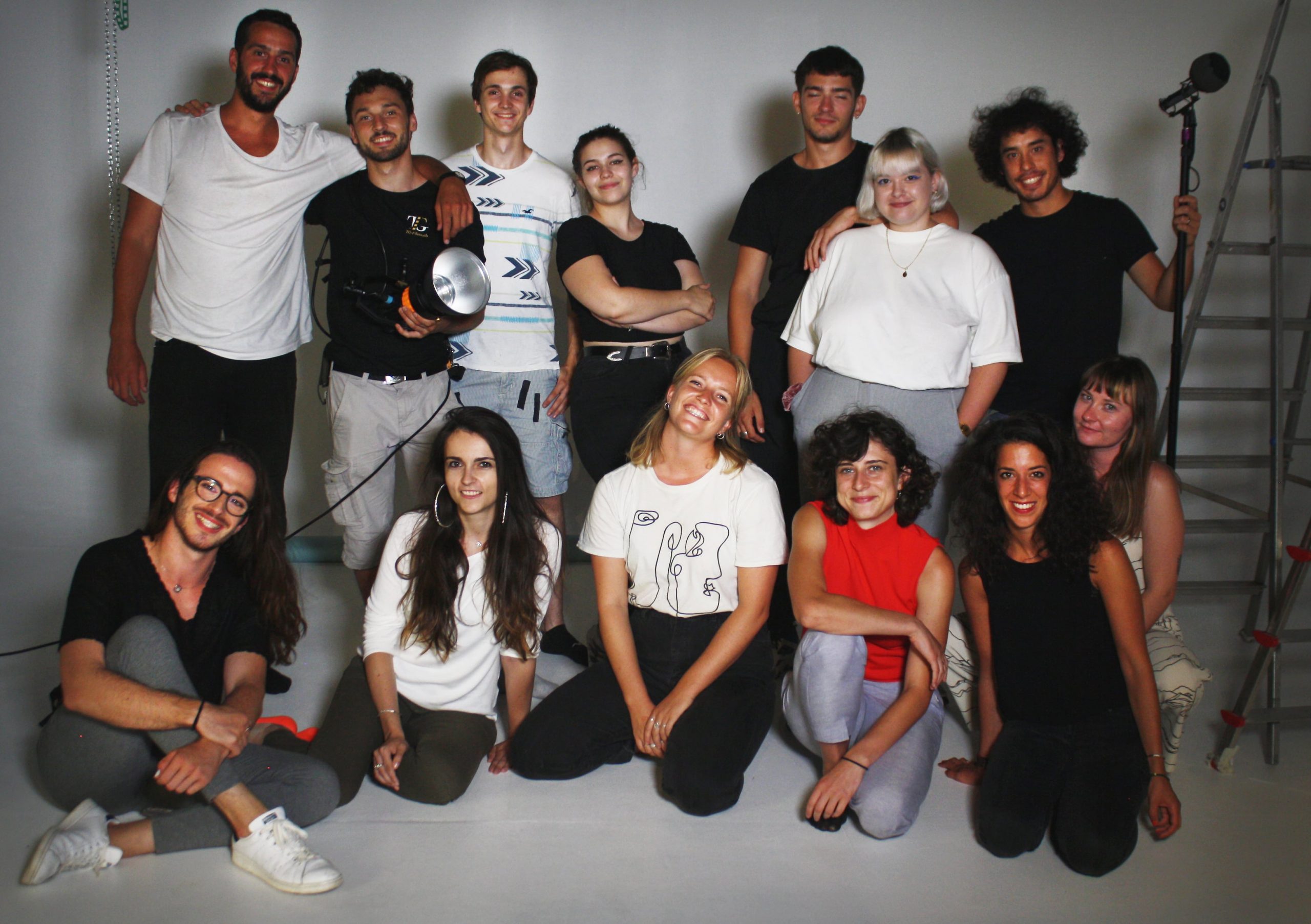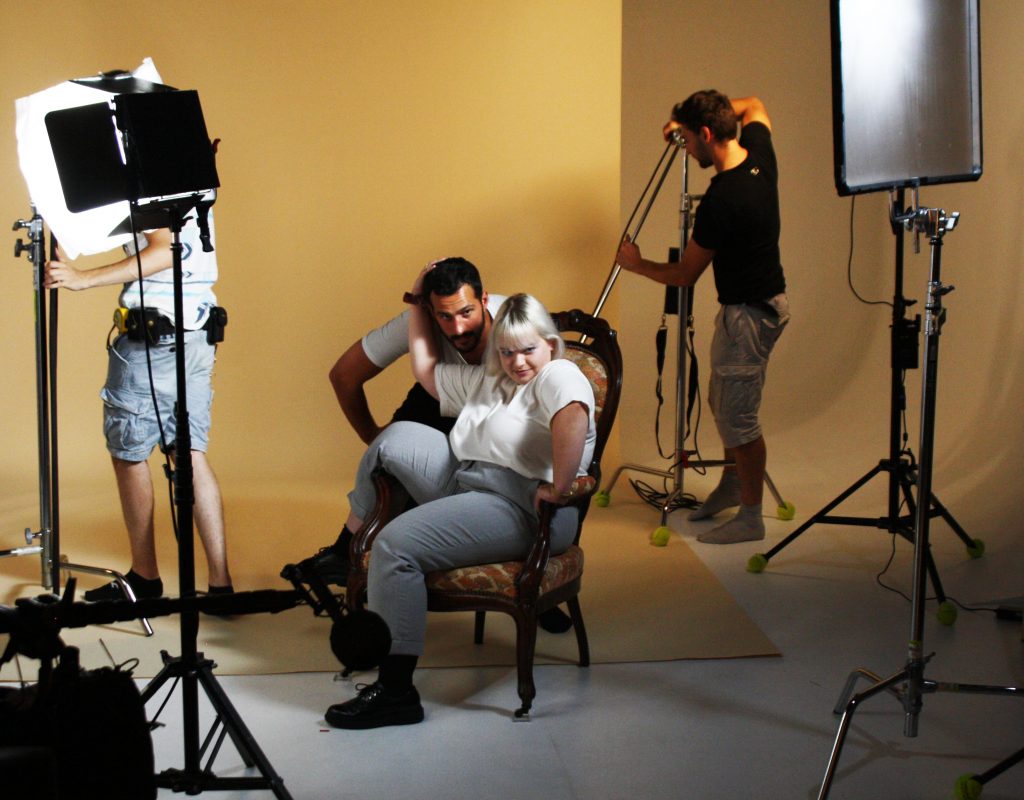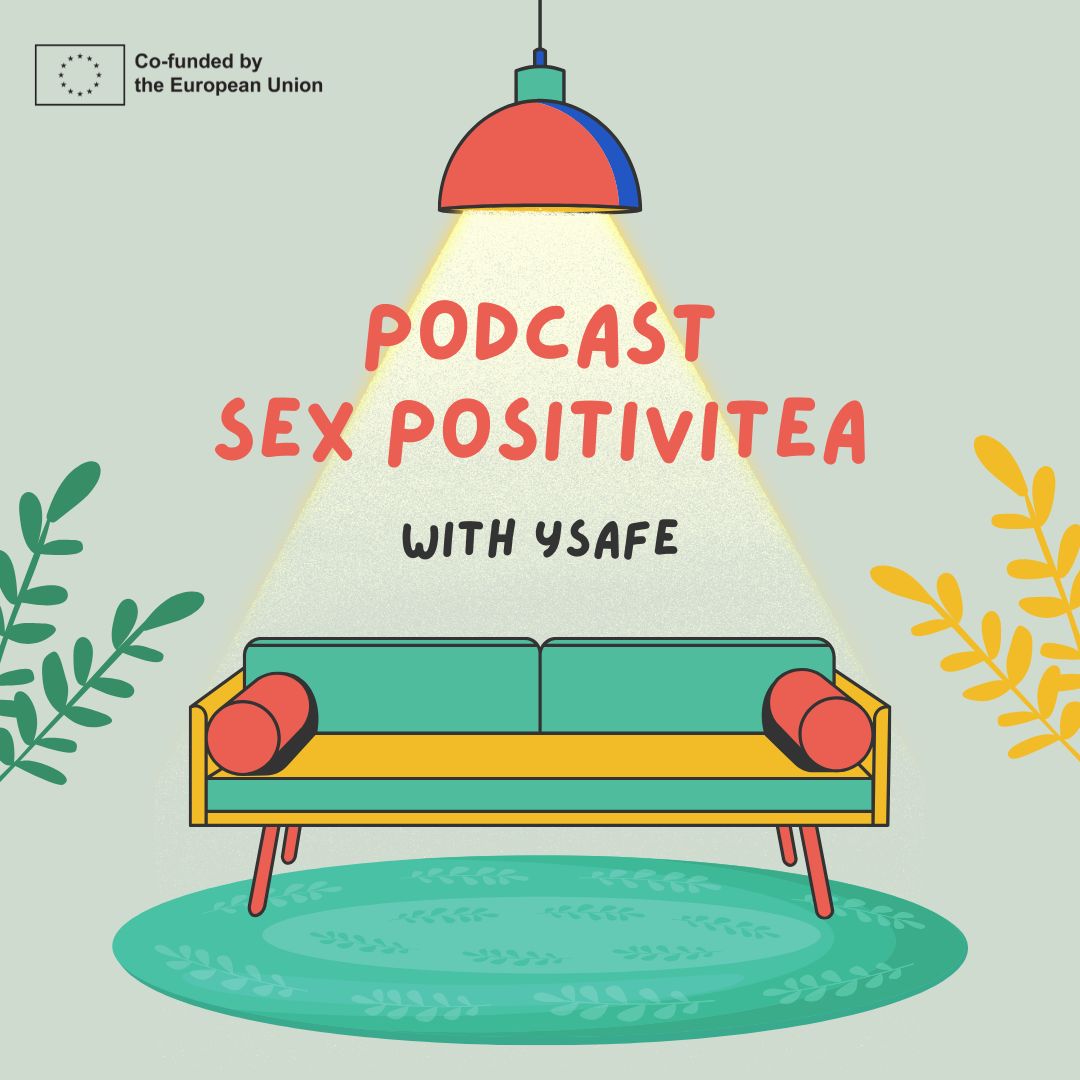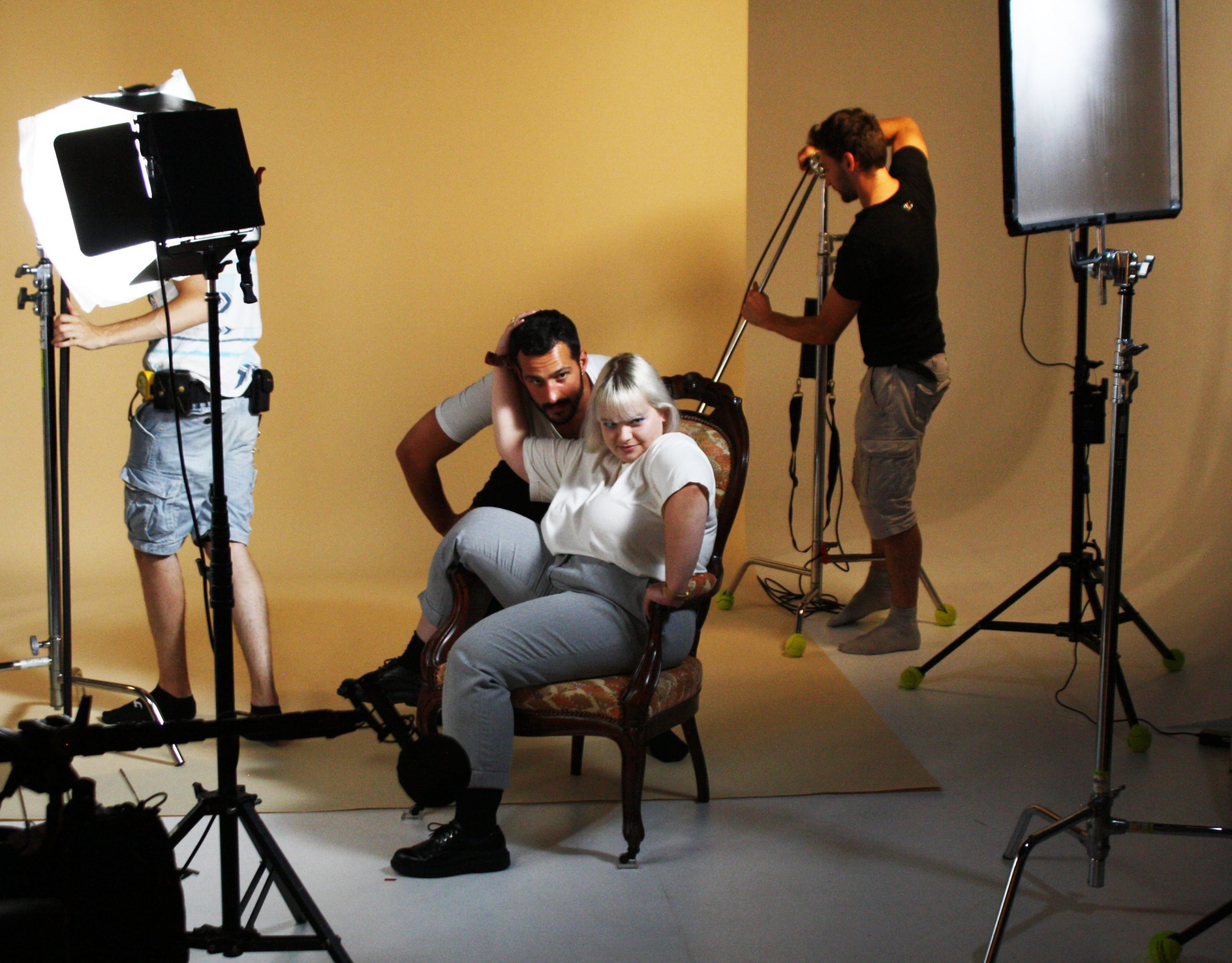Are three minutes enough for you?
Laura Russo, newly elected YSAFE Steering Committe member, on her youth group’s campaign against masturbation stigma in Switzerland

It is the third of October, 2020. We are in Bern, Switzerland. A group of around 30 young people, equipped with enough masks and hand sanitizers, meet for the 5th annual meeting of the youth network form SEXUAL HEALTH Switzerland. The main speaker of today’s event – therapist and educator Lola Scheerer-Nachtigall – summarized the day by stating: “Today is all about masturbation!” and it really was. Because the third October was when the youth network of SEXUAL HEALTH Switzerland launched the campaign video “Reichen dir 3 Minuten?” (Are three minutes enough for you?)
The campaign declared war on the ongoing tabooization and stigmatization of masturbation. A video was created in which masturbation is compared with brushing your teeth: Both are everyday activities, both are good for your health and both are done by people no matter their age, their background, culture or religion. Some do it often, others rarely, a few never. There is no right and no wrong when it comes to masturbation; everybody does what feels good to their body.
But why does that taboo exist in the first place? Why is it so shameful to enjoy a pleasure that your own body was designed to give you? Why should anybody – especially women – feel guilty for fulfilling their sexual needs?
Because in fact, masturbation was not always frowned upon. We have proof from several ancient societies that masturbation was accepted and commonly practiced. It is in the middle of the 18th century where the stigmatization around masturbation really took off. A big influence was the doctor Samuel Tissot. (Ironically, he was Swiss too.) He argued that human bodily fluids must be “in balance” and that a loss of body fluids would lead to illnesses. He thought that semen was fluid that originated from the brains and travelled to the penis via the spinal column. So basically, according to Tissot: if you masturbate, you’ll lose parts of your brain, and ultimately your intelligence.
As Europe to this time was relatively religious, and the sin of masturbation has already been debated in various communities, Tissot’s “research paper” found quickly its followers and the message spread all around Europe: Masturbation will make you sick and stupid!
Luckily enough, nowadays we know this is not the case. Masturbation showed no proof in making you blind, less intelligent, infertile or any other myth that is out there. The opposite is true: masturbation has shown to reduce stress, can improve your body image and if you have an orgasm, the happy hormone endorphin is released. Masturbation is doing you good!
What I found funny enough is that not just Tissot, but all other supposedly “scientific researchers” writing historically about masturbation in the globan north, focused on (cis) male masturbation. Somehow the fact that women are also sexual beings got neglected and ignored all along (and we must note that non-binary people didn’t get much space in any historical western writing about sexuality until much more recently). Today is not much different. Sexuality education that focuses solely on reproduction neglects women as sexual beings; people who are shocked by women masturbating neglect women as sexual beings; and quite often we ourselves internalize societal views that people with vulvas should not masturbate.

But the thing is: people with vulvas are sexual beings! We have sexual desires; we experience lust and we are curious about our bodies. We have sex. We have sex with others, and we have sex with ourselves. There are parts of our anatomy whose sole purpose is to give us pleasure. That is it, just pleasure! So, tell me society, who are we again to deny mother nature’s sole purpose? Masturbation is not shameful, masturbation is not dirty and masturbation does not mean we are lonely. We do it because we like it and because it is doing us good. Masturbation also gives us the opportunity to get to know our bodies. Get to know what works for us; if we prefer stimulation of the clitoris or penetration. If we prefer to stimulate by circular motions, side to side, up and down or to stimulate the G Spot. If we like to do it sitting, lying down or crouching. We can experiment by extending the stimulation to our labia or touch our boobs. Do we like it when we apply tension or press our thighs together? Do we like 2 fingers or three? What about anal stimulation? Do we like a little extra help? A shower head, pillow or sex toys might do it for us. What if I go faster, or slower and what if I do it all next to a consenting partner?
Our bodies are individual and so is our pleasure. Knowing your body means knowing what you want and what you consent to. Knowing your body means being able to tell your partner what you like and therefore having a better partner sex life.
Masturbation is good for us. And where some people might have legit reason why they have no desire to masturbate, the stigmatization around that topic is only harmful and should no longer exist. I mean it is a trend to take better care of nature at the moment no? So why don’t we also take care of the natural things our bodies are.
To explore the full campaign on masturbation launched this year by SEXUAL HEATH SWITZERLAND’s youth group, start with their website!
For more on masturbation from the IPPF universe, check out this recent blog post, and keep your eyes open for the soon-to-be-released YSAFE podcast series – we have a whole episode dedicated to choosing, using and talking about sex toys!










